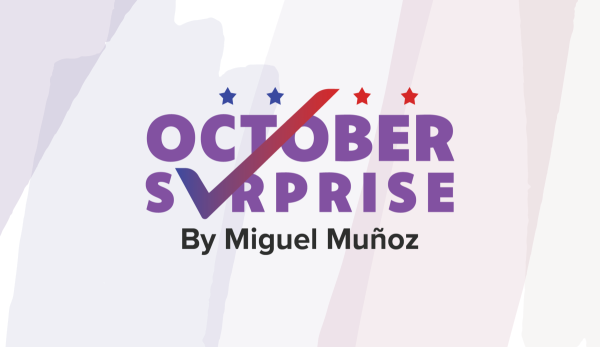|
Michael_Novakhov shared this story . |
A man trudges through snow to a bleak office full of paperwork. A woman logs onto a government computer. The weary bureaucrats seem to be reaching a breaking point with life in Vladimir Putin’s Russia.“Is this the life I dreamed of?” a speaker asks. The camera pans over photos of their children on their desks.
The cinematic video, with the gray tones of a Cold War thriller, is part of a U.S. effort to provide more tools for disaffected Russians who might be willing to provide information. Created by the Central Intelligence Agency, the two-minute clip was posted Tuesday on a new Telegram channel that provides information on how to securely contact the U.S. agency using a Tor browser and encryption tools to send information via the dark web.
“Are you a military officer? Do you work in intelligence, diplomacy, science, high technology or deal with people who do?” reads a message in the video, which ends with both characters deciding to contact the CIA on their phones. “Do you have information about the economy or the top leadership of the Russian Federation? Get in touch with us.”
The recruitment effort comes as Russia’s winter push in Ukraine led to little progress and staggering losses, with more than 100,000 soldiers killed or wounded since December alone, according to a National Security Council spokesman. U.S. intelligence agencies have indicated that they expect the twin tolls of war and economic sanctions will make more Russians open to recruitment, including ordinary bureaucrats, fed-up military officers, and wealthy businesspeople who have taken a financial hit.
“We’re looking around the world for Russians who are as disgusted with [Putin’s actions] as we are,” CIA Director of Operations David Marlowe said last November in rare remarks at an event at George Mason University. “Because we’re open for business.”
Read More: How Telegram Became the Digital Battlefield in the Russia-Ukraine War.
The video suggests that making the “difficult but important decision to quietly get in touch with the CIA” is the “dignified” decision, and in the best interest of Russians’ families. “Your information may be more valuable than you think,” it says.
Russian Foreign Ministry spokeswoman Maria Zakharova on Tuesday called the channel, which had almost 6,000 subscribers by noon, “a very convenient resource for tracking applicants.”
The agency first posted Russian-language instructions for how to get in touch with the CIA on its social channels last year. But with access to most mainstream social-media sites restricted by the Kremlin, the Telegram messaging app has become the primary platform for Russians to communicate beyond the nation’s borders and seek uncensored information. While the app was popular in Russia before the war, its use exploded after the invasion of Ukraine. An analysis of 187 Russian-language news channels provided to TIME last year by Logically, a U.K.-based technology company, showed that subscribers to Russian-language Telegram channels grew by 8 million, or 48%, in the month after the invasion. The platform became the war’s digital battlefield, a prime venue for both intelligence-gathering and recruitment.
U.S. officials clearly targeted the video on the platform to appeal to Russian patriotism and concern for their families, experts tell TIME. It includes quotes from Russian writers Leo Tolstoy and Fyodor Dostoevsky, and notably uses the word “выстоять,” the Russian term for “stand up” or “resist,” which has frequently been used by Putin’s own military recruitment campaigns.
“They’re picking up on the language of the regime and just gently twisting it into another kind of context,” says Ian Garner, a historian and analyst of Russian propaganda.
Read More: Inside the Kremlin’s Year of Ukraine Propaganda.
Despite the work that went into the Telegram campaign, there’s a glaring flaw, says Garner: “They’re not offering anything.” Most people with access to information that would interest the CIA, such as mid-level government officials, are provided security by the state, and their children are much less likely to be forced to enlist.
The video “goes from grainy sad life in Russia to what–grainy, sad life on the CIA side?” asks Garner. The messaging, which emphasizes America’s pursuit of “the truth,” is also likely to fall flat, he says. “Most Russians are suspicious of America and the CIA in particular. So associating this with the CIA is only likely to reinforce the belief that they’re the ones doing the lying.”

